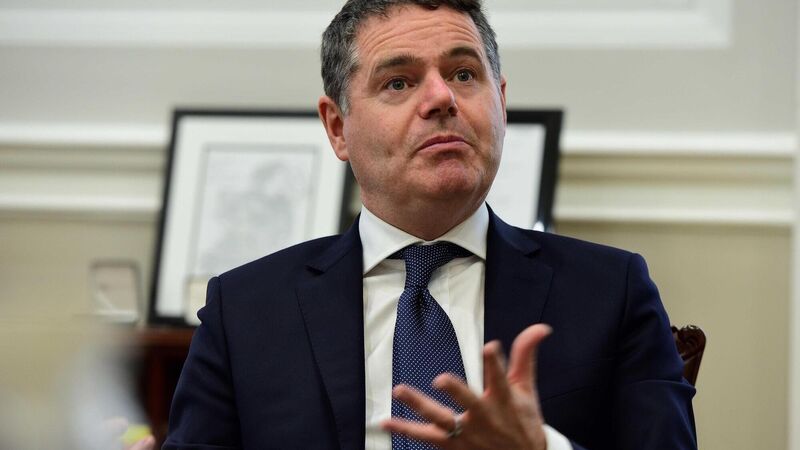Sun, 11 Apr, 2021 - 11:00
Stephen Cadogan
Returning to the pre-January 2020 rate of 4.5% VAT on milk recording services has been ruled out by the Revenue Commissioners.
Because of changes in the commercial arrangements for provision of milk recording services, the current 13.5% rate stays, said Finance Minister Paschal Donohoe in the Dáil last week.
Already a subscriber? Sign in
You have reached your article limit.
Subscribe to access all of the Irish Examiner.
Annual €130 €80
Best value
Monthly €12€6 / month
Introductory offers for new customers. Annual billed once for first year. Renews at €130. Monthly initial discount (first 3 months) billed monthly, then €12 a month. Ts&Cs apply.











